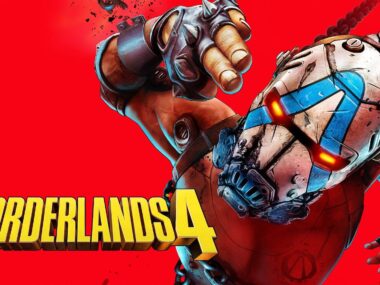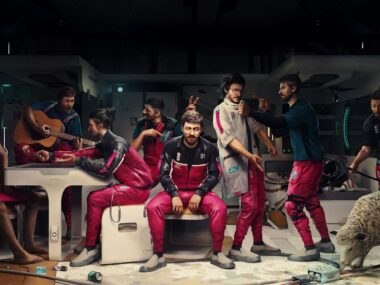When EA announced that Anthem’s servers would shut down on January 12, 2026, I had two thoughts. First: Wait, those were still online? Second: This is exactly why Stop Killing Games needs to become law.
The game was sold on promises that the company didn’t keep. It could have been a No Man’s Sky-type redemption story. It wasn’t. And realistically, could it have been? Even Destiny 2 and Warframe, the leaders in the looter shooter genre, are struggling to keep their players happy. This is a brutal space to survive in. The bar is ridiculously high.
So when I hear about games like Blackbird getting canceled, I understand it. It still sucks that people lose their jobs, but the truth is, publishers need to be pickier. They need to be more careful about where they put their money. That doesn’t mean they should stop trying new things. It means they should be smart about when to pull the plug.
And sometimes? They absolutely should.
When Long Development Cycles Work Against You
One of the biggest problems with long development cycles is that the world changes while you’re still building the game.
Look at Perfect Dark. It was in development for years. And then it got canceled in mid-2025 during Microsoft’s sweeping layoffs. That project went through so many restarts, management changes, and team overhauls that it was barely recognizable by the end. It didn’t matter that it was a revival of a beloved franchise. Microsoft pulled the plug to focus on safer bets.
Here’s where things get uncomfortable: societal changes affect games more than people realize.
Perfect Dark had a female lead. Do you think releasing a game with a female lead today is an easy win? Not really. Look at how much pushback The Witcher is getting just for passing the story to Ciri. A move the developers have said was planned all along. Some fans don’t care about what the creator originally intended. They care about what fits their personal narrative.
It’s strange to think about how much the gaming audience has shifted. Back in the day, when the internet was new, most female characters online were actually played by men. I had to explain I was a woman more times than I can count. Now? Men often don’t want to play female characters at all.
These cultural shifts can tank a project that’s already been burning money for years. Sometimes a game simply isn’t what the market wants anymore.
Should Companies Keep Funding Projects That Might Fail?
There’s this idea floating around that because companies like Microsoft and EA make a lot of money, they should keep spending it to save projects that aren’t financially viable. I don’t think that’s realistic.
At some point, developers and employees need to look at the situation realistically. Are you stuck in a project with an unusually long development cycle? Quietly start saving money. Look for ways to improve efficiency. Because sadly, the people making the big decisions are usually way higher up. If you wait until it’s obvious, you’re already too late.
It’s not fair, but it’s the reality. Read the signs. Protect yourself.
The Bigger Problem: Stop Killing Games
Let’s go back to Anthem for a second. It’s not just that the game is shutting down. It’s that when the servers go offline, it will become completely unplayable. You paid for a product that will literally stop existing.
That’s what the Stop Killing Games movement, led by Ross Scott, is fighting to change. The goal isn’t to keep every game online forever. It’s to create consumer protections so players have some way to keep playing what they bought.
Right now, you can spend $60 on a game that disappears because a company decides it’s no longer worth the server costs. You lose your money, your progress, your memories. Everything. It’s gone.
This isn’t just an Anthem problem. The Crew was wiped from existence. Battleborn too. And many more will follow if nothing changes.
The movement is asking for something reasonable:
✅ Long-term access
✅ Clear communication
✅ Protection for consumers
It’s time the industry stops treating games like disposable products when they were sold as something permanent.
Build Smarter, Protect Players
It’s not wrong for companies to cancel games that won’t survive. They should be careful about what they greenlight. They should watch the development timeline. They should pull projects that won’t work. That’s just smart business.
But when you sell a game you have a responsibility to the players.
You can’t just take their money and delete their world. You can’t keep letting this happen.
The Stop Killing Games movement is right. This needs to become law. When companies make more thoughtful decisions from the start, everybody wins.
When consumers are protected, the gaming industry is better for it.






